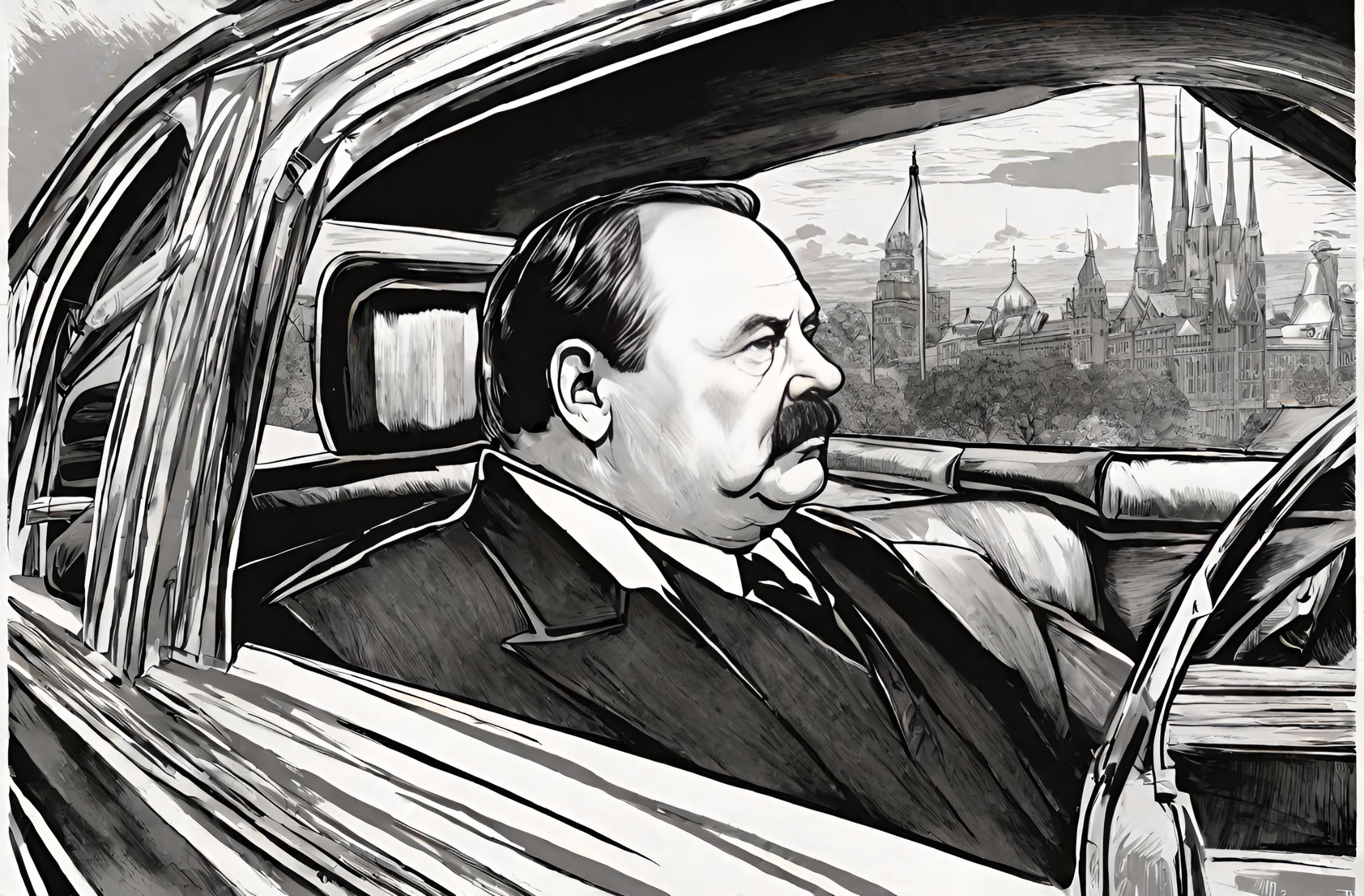Flashback to July 9
American History

On February 22, 1889, an important event took place in the history of the United States. President Grover Cleveland signed a bill to admit the Dakotas, Montana, and Washington state into the Union. This move was a significant step towards the expansion of the country and the development of the West. In this article, we will delve into the details of this momentous occasion and explore its impact on the nation.
The admission of the Dakotas, Montana, and Washington state as new members of the Union came after years of consideration and debate. The territories had been steadily growing in population and were eager to achieve statehood. Finally, after much deliberation, a bill was passed by Congress and presented to President Cleveland for his signature.
The signing of this bill by President Cleveland was a cause for celebration in the territories and garnered significant attention across the country. It marked the culmination of years of hard work and dedication by the people of the Dakotas, Montana, and Washington state. But why were these territories chosen for statehood, and what did their admission mean for the United States?
Firstly, let’s explore the unique qualities and contributions of each state. North Dakota, South Dakota, Montana, and Washington state all possessed abundant natural resources and had experienced rapid growth in population. These territories boasted rich reserves of minerals, forests, and fertile land suitable for agriculture. Additionally, their strategic location on the western frontier made them important gateways to the Pacific Coast.
The admission of these territories as states also had significant political implications. At the time, the United States was divided between the Republican Party in the North and the Democratic Party in the South. By admitting these territories as states, President Cleveland aimed to maintain a balance of power between the two parties. It was a contentious move that sparked political debates and discussions.
Furthermore, the admission of the Dakotas, Montana, and Washington state into the Union contributed to the westward expansion of the United States. This expansion was a crucial part of the country’s Manifest Destiny, the belief that it was destined to expand its territory from coast to coast. The addition of new states was seen as a step towards fulfilling this national ambition.
From an economic perspective, the admission of these states brought numerous advantages. The territories’ rich natural resources provided opportunities for industrialization, job creation, and economic growth. Additionally, the construction and improvement of infrastructure, including railways and roads, were accelerated to support the influx of settlers and the transportation of goods.
The admittance of these states also had an impact on the lives of the people who resided there. It granted them full representation and the ability to participate in the democratic processes of the nation. It brought access to federal resources and programs that could support their development and progress. Statehood provided opportunities for growth, education, and improved quality of life for the residents of the Dakotas, Montana, and Washington state.
the signing of the bill to admit the Dakotas, Montana, and Washington state into the Union on February 22, 1889, was an important event in the history of the United States. It marked the expansion of the country, the fulfillment of Manifest Destiny, and the culmination of years of effort by the territories. The admission of these states had significant political, economic, and social implications, shaping the future of the United States and the lives of its citizens.
We strive for accuracy. If you see something that doesn't look right, click here to contact us!
Sponsored Content

Corncob pipe patented (Henry…
On July 9, 1878,…

Temperature hits 115 degrees…
On July 9, 1860,…

L Carnera discovers asteroid…
On July 9, 1902,…

In Western Minnesota, a…
On July 9, 1975,…

Great train wreck of…
The Great Train Wreck…

